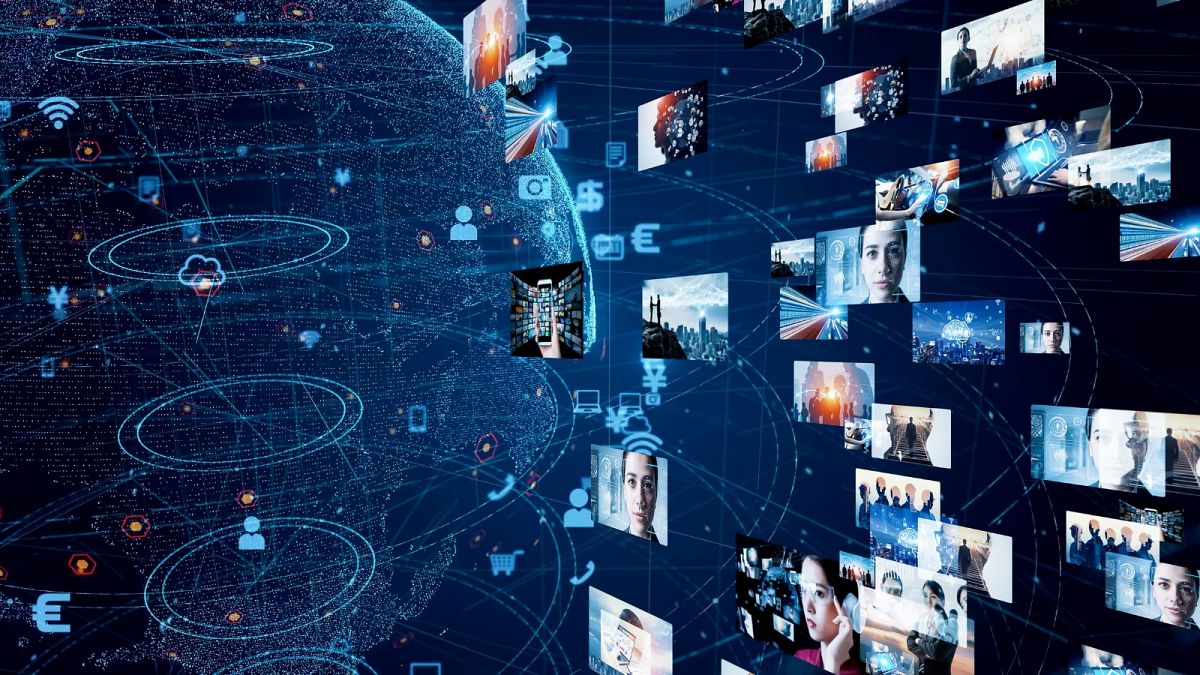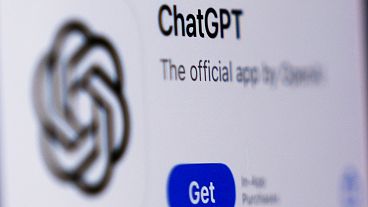A new report from Microsoft details China's use of social media and AI-generated content to influence opinion.
Chinese-affiliated actors are using social media and AI-generated content in an attempt to influence geopolitics, according to a new report from Microsoft.
In a post published on Thursday, Clint Watts, the Microsoft Threat Analysis Center's general manager, said fake social media accounts are being used to "sow division and possibly influence the outcome of the US presidential election".
Chinese actors have also used AI-generated content in recent months to influence the perception of certain topics but there is "little evidence" that it has worked, Microsoft continued.
The US-based multinational included photos of Chinese-affiliated social media accounts that commented on divisive political topics in the US such as immigration, drugs, and race.
Microsoft also noted an increase in voter polling questions as the US presidential race, which will be held in November, ramps up.
Some of the content tried to give credence to conspiracy theories or portray the US in a bad light, the company added.
The content included false claims linking the US government to wildfires in Hawaii and a train derailment in Kentucky.
Several official investigations into the cause of the Maui wildfires are ongoing while the train derailment was found to be caused by a failed wheel.
Microsoft said it also included AI-generated content to influence Taiwan's presidential election in January 2024 and posts that "amplified outrage over Japan's disposal of nuclear wastewater".
Operations attributed to Chinese-backed actor Storm-1736 notably tried to cast doubt on the International Atomic Energy Agency's (IAEA) finding that Japan's plans to release treated water from the Fukushima Daiichi plant were consistent with safety standards.
China to create content to 'benefit its interests'
Microsoft warned that as major elections take place this year, China will "create and amplify AI-generated content to benefit its interests".
Last week, the UK's deputy prime minister Oliver Dowden attributed two cyber attacks in the UK to state-affiliated Chinese actors. The UK and US issued sanctions against a Wuhan, China-based company and two people linked to the company over the attacks.
"People’s Republic of China (PRC) state-sponsored malicious cyber actors continue to be one of the greatest and most persistent threats to US national security," the US treasury department said in a statement.
China has repeatedly denied involvement in cyber attacks and recently called US sanctions "illegal and unilateral".
Microsoft also highlighted North Korean cyber operations in its report, which included cryptocurrency theft and software supply-chain attacks.
The report from the tech company also came days after a US government review board said that a "cascade of security failures" at Microsoft had allowed Chinese-backed hackers to break into the emails of senior US officials and more than 22 organisations.



